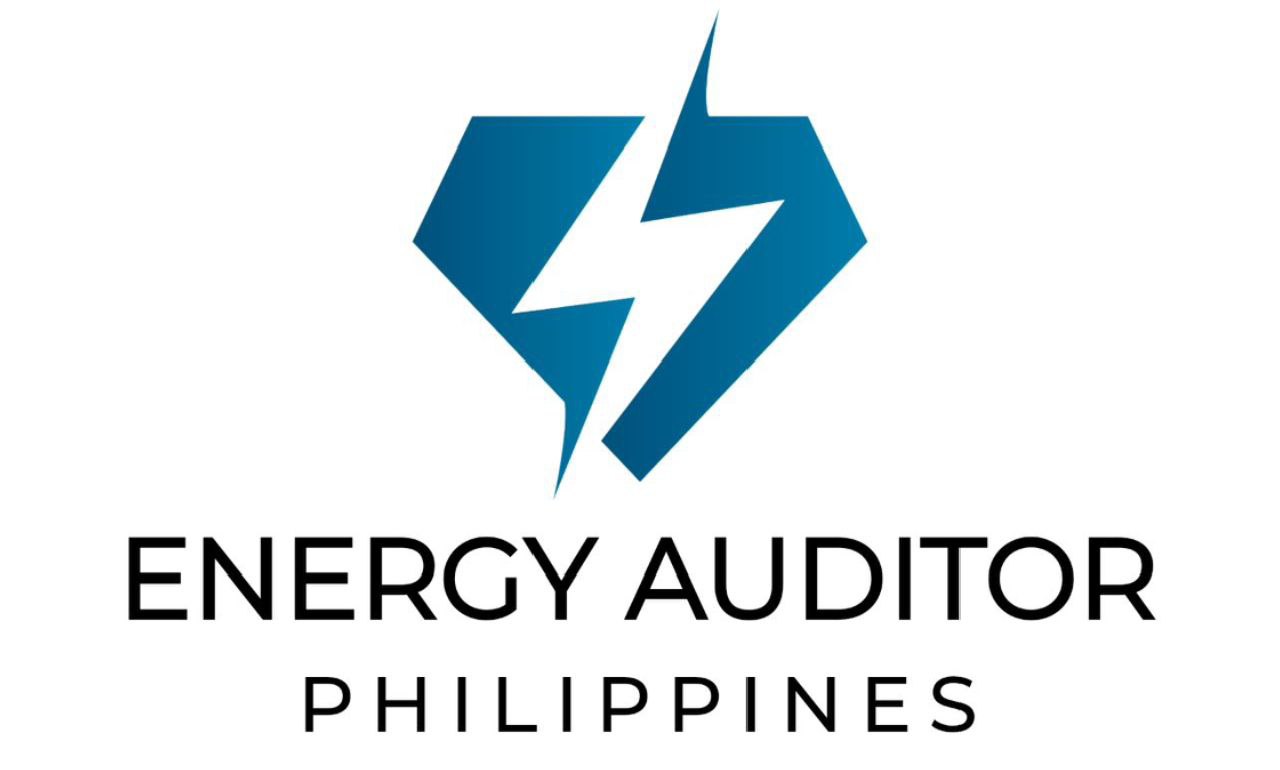The Importance of Energy Audits: Beyond Government Compliance
Energy audits play a vital role in improving the energy efficiency of homes and buildings. They go beyond mere government compliance and provide valuable insights into energy consumption patterns, identify areas of inefficiency, and offer recommendations for optimizing energy usage. In this blog post, we will explore the importance of energy audits and the benefits they can bring aside from meeting regulatory requirements.
Understanding Energy Audits
An energy audit involves a comprehensive inspection and analysis of energy flows within a property. This process aims to identify areas where energy is being wasted and provide recommendations for reducing energy consumption. By examining various aspects such as insulation, heating and cooling systems, lighting, and appliances, energy audits help uncover hidden inefficiencies that may go unnoticed in day-to-day operations.
Benefits of Energy Audits
### Cost Savings
One of the key benefits of an energy audit is the potential for significant cost savings. By identifying energy inefficiencies and suggesting energy-saving measures, businesses and homeowners can reduce their energy consumption and lower their utility bills. Implementing these recommendations can lead to substantial long-term savings.
### Environmental Sustainability
Energy audits also contribute to environmental sustainability. By adopting energy-efficient measures and exploring renewable energy sources, individuals and organizations can minimize their carbon footprint and contribute to a greener future. This not only helps combat climate change but also enhances the reputation of businesses as environmentally responsible entities.
### Improved Comfort and Well-being
Energy audits can improve the overall comfort and well-being of occupants. By addressing potential issues affecting thermal comfort, indoor air quality, and overall occupant comfort, businesses can create a healthier and more productive living or working environment. This ultimately leads to increased productivity and satisfaction.
### Equipment Optimization
Energy audits can uncover potential equipment malfunctions or operational inefficiencies. By identifying faulty or outdated equipment, businesses can take prompt action to repair or replace them, resulting in improved performance and reduced downtime. This proactive approach enhances the overall operational efficiency of the building or facility.
### Cultivating a Culture of Energy Conservation
Energy audits contribute to the creation of a sustainable and energy-conscious culture. By raising awareness about energy consumption patterns and encouraging energy-saving habits, individuals and organizations can conserve valuable resources. This behavioral change not only benefits the immediate environment but also positively impacts the wider community and future generations.
Getting Started with Energy Audits
To get started with conducting an energy audit, businesses should establish clear goals and objectives, assemble a dedicated team, gather energy consumption data, perform a walkthrough assessment, analyze equipment and systems, and engage employees and stakeholders. By following these steps, businesses can make informed decisions to optimize energy usage, reduce costs, and contribute towards a greener and more sustainable future.
In conclusion, energy audits are powerful tools for understanding and enhancing the energy efficiency of homes and buildings. They offer numerous benefits beyond government compliance, including cost savings, environmental sustainability, improved comfort and well-being, equipment optimization, and the cultivation of a culture of energy conservation. By investing in energy audits, individuals and businesses can make informed decisions to maximize energy efficiency, reduce costs, and contribute towards a greener and more sustainable future.











































